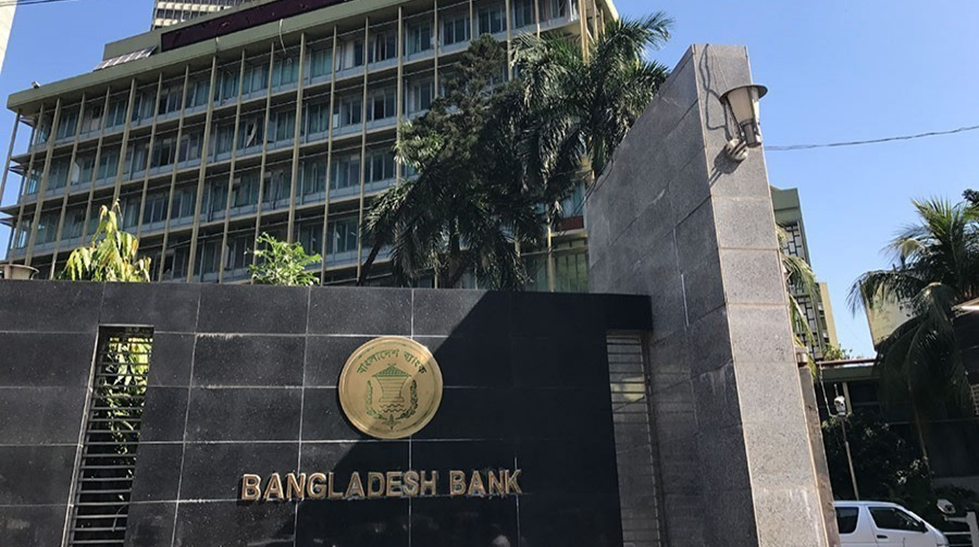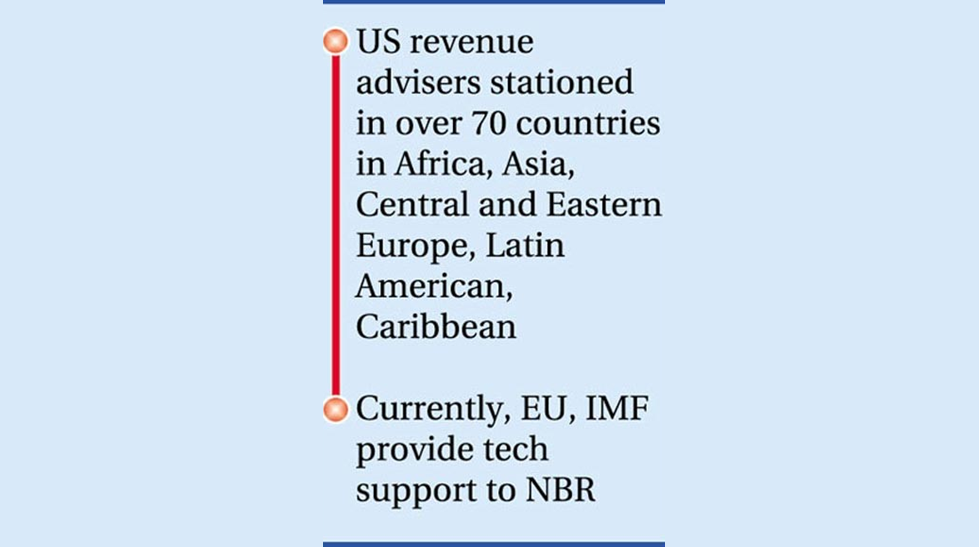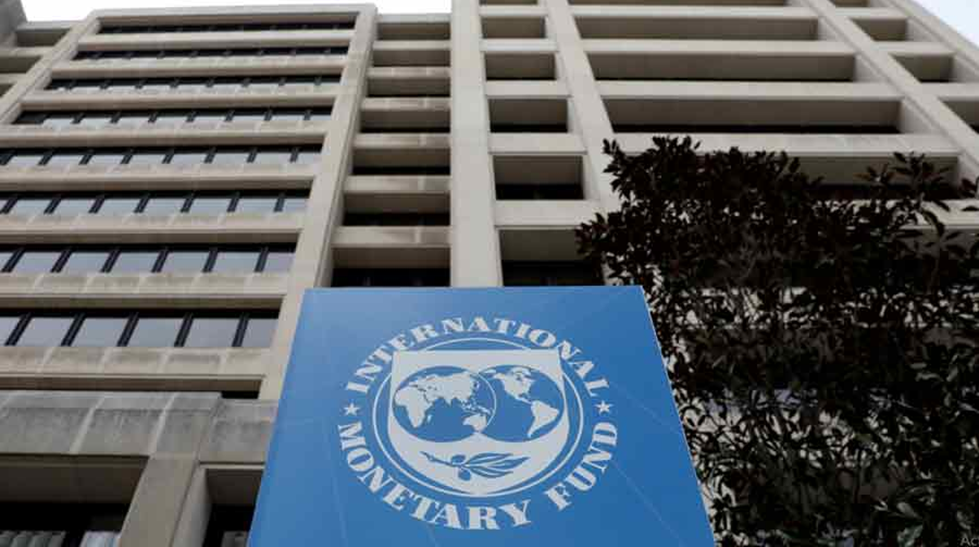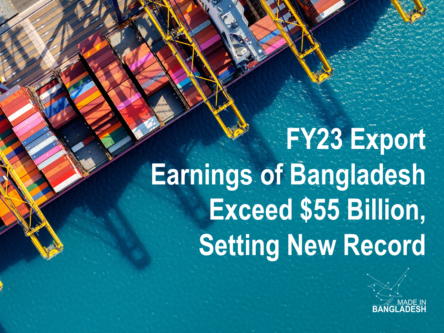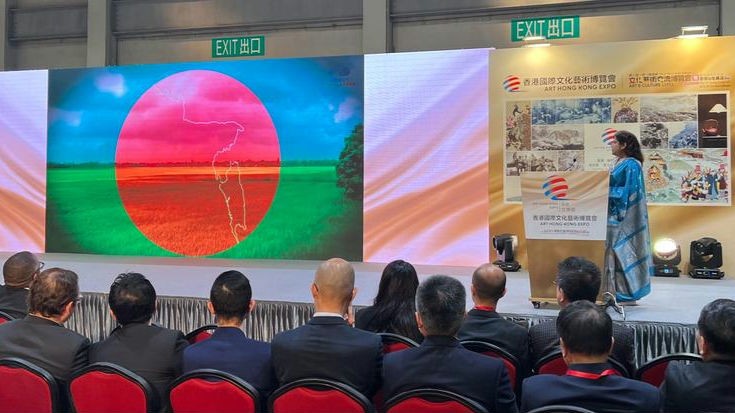Boosting Macroeconomic Stability: Government Unveils Comprehensive Reforms
- By Made In bangladesh -- 6 minutes read --
- Jul 04, 23
" Bangladesh adopts medium-term reforms to enhance economic growth and sustainability, emphasizing fiscal policies, subsidy rationalization, and efficient cash management. "
The government of Bangladesh has embarked on a series of medium-term reforms aimed at bolstering macroeconomic stability and fostering long-term growth in light of global and national economic contexts. These reforms, outlined in an official budgetary document, have several key objectives, including enhancing revenue generation, reducing borrowing costs for the public sector, curbing subsidies, and improving spending efficiency through fiscal institutional reforms.
Strengthening Fiscal Sustainability: A Comprehensive Approach
To ensure the effectiveness of these reforms, extensive consultations and negotiations with stakeholders have taken place. The overarching strategy is to strengthen the external balance and rebuild reserves while gradually easing temporary measures implemented for demand and import management.
The document highlights the importance of fiscal sustainability, which will be reinforced by maintaining the budget deficit and public debt within acceptable limits. To achieve this, the government plans to introduce more efficient expenditure management practices and increase investment in priority sectors such as social welfare and development spending.
Fiscal Policies for Medium-Term Goals
To ensure fiscal resilience, the government is set to pursue prudent fiscal policies, with a meticulous focus on key indicators such as the budget deficit, financing mix, and levels of public and publicly guaranteed debt. Under the medium-term policy, a targeted approach will be employed to maintain the primary fiscal deficit (including grants) at approximately 3.3 percent of GDP, with a parallel commitment to containing public debt below 45 percent of GDP.
As part of this fiscal roadmap, the government is allocating increased expenditures towards development and social safety net programs. Simultaneously, there is a concerted effort to rationalize subsidies and mitigate domestic debt financing costs. The medium-term vision includes ongoing reforms in the governance of social safety net programs. These reforms encompass improvements in targeting, rationalization of coverage, and the utilization of government-to-person (G2P) systems. A significant stride has already been taken with the passing of the Universal Pension Management Bill, 2023, geared towards establishing a universal pension scheme to address the needs of Bangladesh's growing elderly population.
Revitalizing Revenue Streams
Addressing the challenge of a low tax-to-GDP ratio on a global scale, Bangladesh's government embarks on a comprehensive reform initiative. These comprehensive efforts focus on modernizing both the income tax and value-added tax (VAT) systems, streamlining complex tax laws, rationalizing expenditures, and expanding the tax base. Administrative reforms play a pivotal role in this transformation, involving the establishment of compliance risk management units, fostering enhanced information sharing between tax wings, implementing automation in tax administration, and intensifying at-source tax collection.
These reforms are poised to yield a substantial increase in revenue, with expectations of an additional 0.5 percent of GDP annually in the fiscal years 2023–24 and 2024–25. The fiscal year 2025–26 is projected to witness a more robust surge, with an envisaged 0.7 percent boost to GDP.
Transforming Fiscal Strategies for Financial Resilience
In an effort to enhance fiscal resilience, the government of Bangladesh is implementing a multifaceted approach. This includes aligning petroleum prices with international levels, introducing a formula-based fuel price adjustment mechanism, and exploring innovative strategies in the tax-revenue sector. Additionally, measures like optimizing interest rates, implementing tiered structures, capping issuances, and taxing earned interest aim to alleviate the government's interest expenditure. Complementing these initiatives, efficient cash management takes center stage through the expansion and fortification of the Treasury Single Account (TSA), fostering improved financial control, reduced interest expenses, and enhanced commitment controls.
Enhancing Financial Governance for Sustainable Growth
Through these comprehensive reforms, the government of Bangladesh aims to achieve macroeconomic stability, foster long-term growth, and ensure sustainable development for the country. These reforms also aim to improve transparency and accountability in the government's financial operations. By implementing stricter financial controls and oversight, the government hopes to prevent any misuse or misallocation of funds. Efficient resource utilization benefits the country and its citizens.
.png)





